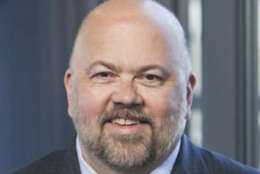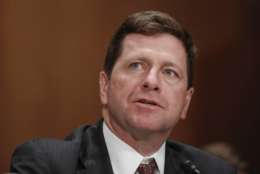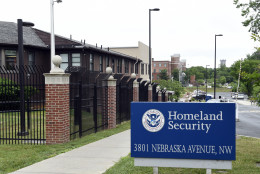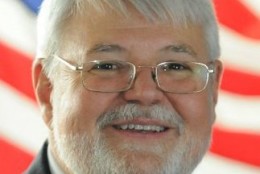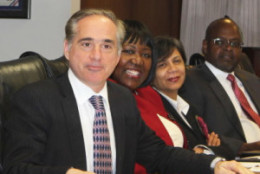Employee engagement
-
The FEVS results show that the upward movement in employee satisfaction that began two years ago is continuing. That is good news.
October 18, 2017 -
Leadership, from the chairman down to front-line supervisors, helped the Securities and Exchange Commission improve its standing on the 2017 Federal Employee Viewpoint Survey.
October 16, 2017 -
The political popularity of a given administration seems to have low relation to FEVS scores.
October 16, 2017 -
The latest Federal Employee Viewpoint Survey results show higher overall employee engagement across the government in 2017.
October 12, 2017 -
The Office of Personnel Management is preparing a new talent management and succession planning guide.
September 04, 2017 -
These COOs frequently occupy deputy secretary positions that require Senate confirmation, many of which are vacant in the current administration. But it’s the people occupying these offices that are best positioned to make real changes in the way agencies perform their missions.
June 20, 2017 -
The Office of Management and Budget's plan to reorganize the government and restructure the federal workforce isn't a direct threat to agency employees, OMB Director Mick Mulvaney said. The Trump administration sees it as a way to finally recognize what Mulvaney describes as a deep-seated frustration in the federal workforce: top performers are rarely rewarded for their work, while poor-performers escape with few consequences.
April 12, 2017 -
Employee engagement efforts at the Securities and Exchange Commission have taken off in the past two years, Lacey Dingman, SEC chief human capital officer, said in an interview. SEC has risen from 27th to 6th among mid-sized agencies in the past five years on the Partnership for Public Service's Best Places to Work rankings.
April 11, 2017 -
Most federal employees consistently say their agency's mission motivates them to come to work everyday. Now, some agencies say a mission-focused approach to employee engagement is giving them better insight into workforce challenges, and it's starting to pay off in the Best Places to Work rankings.
February 22, 2017 -
The Office of Personnel Management released the full results of the 2016 Federal Employee Viewpoint Survey, which give greater insight into federal employees' thoughts on their leaders and supervisors, overall job satisfaction and training and development opportunities. OPM this year focused on making comparisons of agencies by size. Specifically, OPM broke down organizations' results by very large, large, medium, small and very small agencies. The report gives a more detailed view of agencies' progress on employee engagement and inclusion.
October 06, 2016 -
In the case of federal employee engagement, a 1 percent change means something is going on. That's what happened in the most recent Federal Employment Viewpoint Survey. For an interpretation, Federal Drive with Tom Temin turns to Tim McManus, chief operating officer of the Partnership for Public Service.
September 28, 2016 -
At first glance, this year's results of the Federal Employee Viewpoint Survey might not show many significant improvements. But several large and small agencies, including the Housing and Urban Development Department and the Office of Special Counsel, made noticeable improvements in employee engagement this year.
September 26, 2016 -
The federal workforce is slightly more engaged this year than it was in 2015. Though there were few surprises at the top and bottom of the rankings among large agencies, several small agencies made large strides and improvements. Here are six of the most important, surprising or interesting takeaways from the initial results of the 2016 Federal Employee Viewpoint Survey.
September 20, 2016 -
When labor-management relationships are strong, employee engagement improves, federal union leaders said during a discussion at the Federal Mediation and Conciliation Service conference in Chicago. Union leaders say their partnerships with agencies have improved over the past eight years, but the success of those partnerships too often depends on the administration.
August 18, 2016 -
The Veterans Affairs Department says it’s earning back trust and confidence from the veterans it serves, and employee engagement within the department is also improving. This comes roughly 10 days before the VA Commission on Care is expected to pitch a major overhaul to the department’s health care and personnel systems.
June 21, 2016

